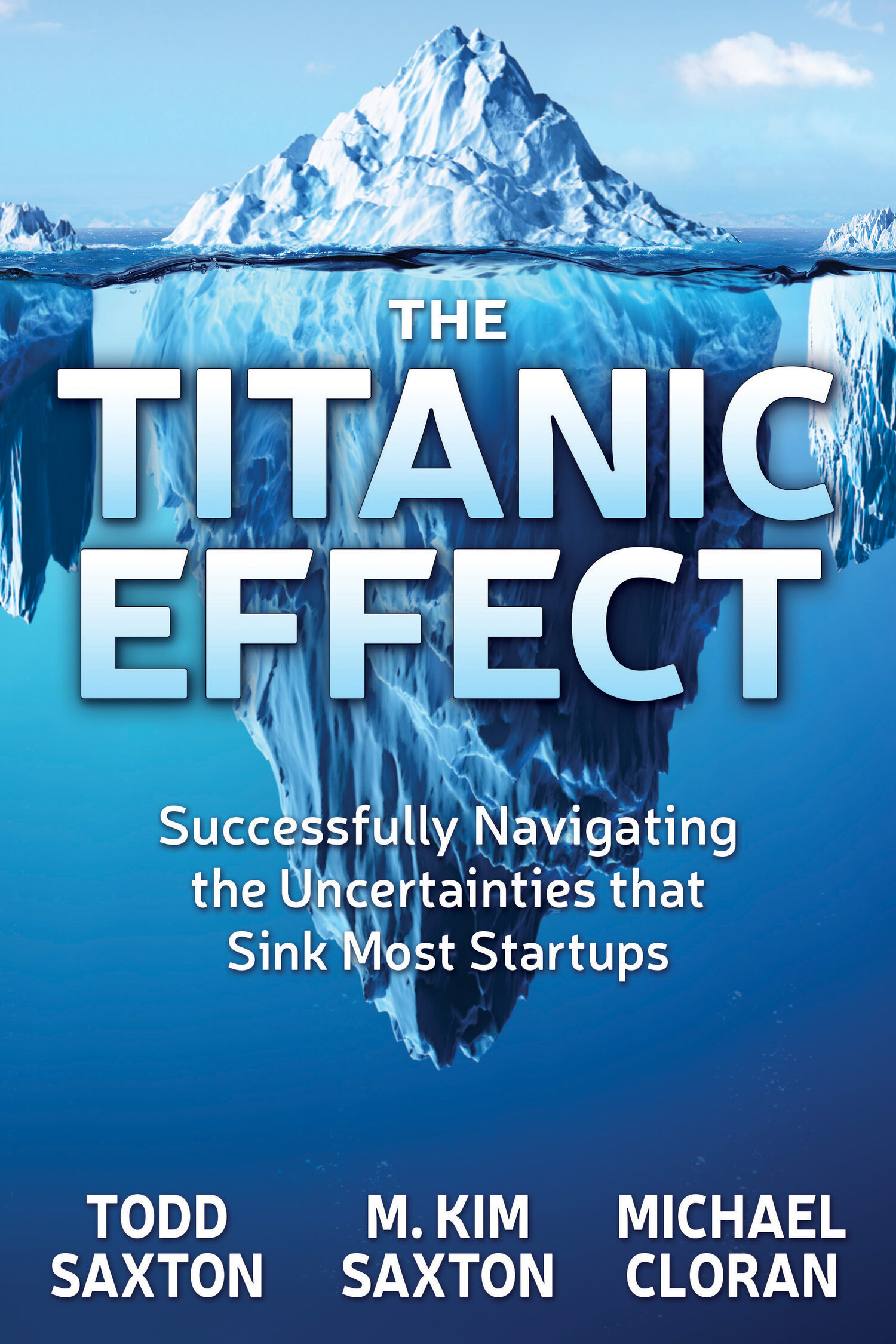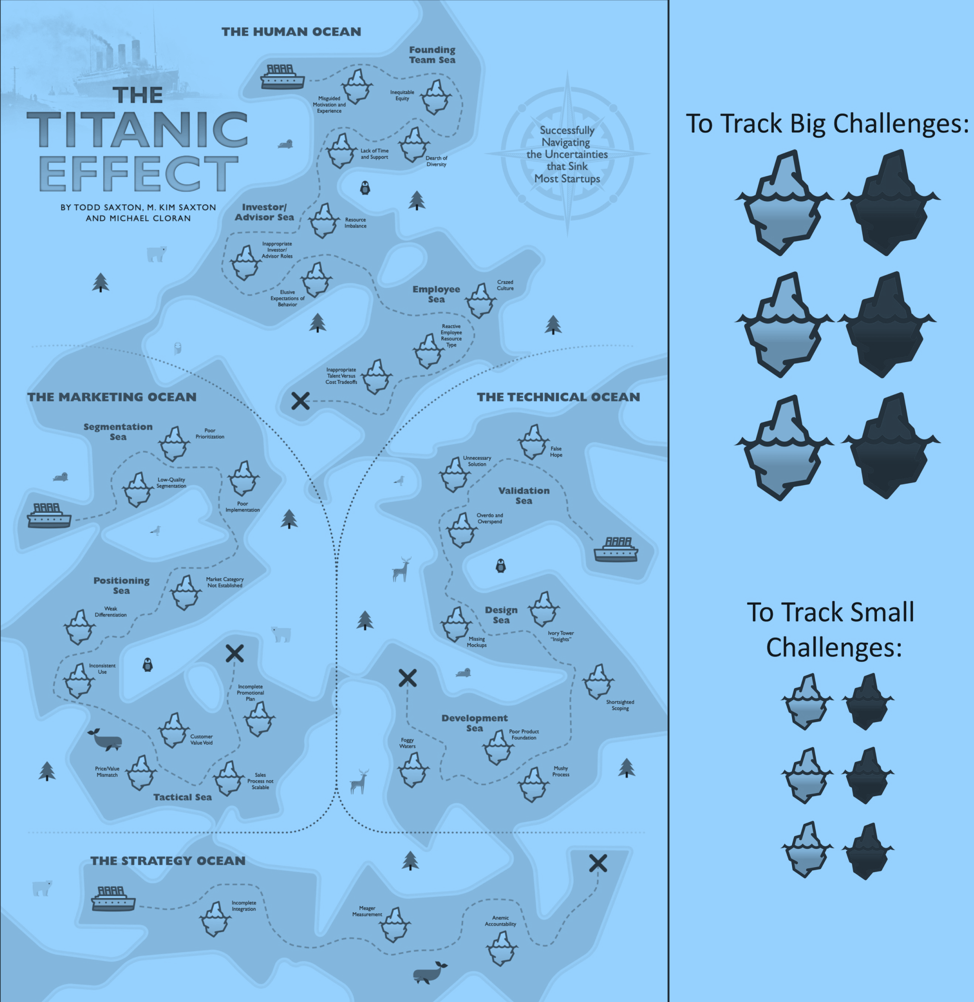We frequently get asked the question: Why did you write this book? What do you hope to get out of it? Our primary objective is to help founders and those who support startups be more successful. But the greatest book in the world can only go so far—and we are far from that! To bring the book to life, and hopefully make it actionable, we have created some tools startups can use.
An Insider’s Look at Pitching Your Startup to Investors
Guest Blogger: Ben Pidgeon, executive director of VisionTech Partners
Recently, I was listening to Harry Stebbings of the podcast Twenty Minute VC while driving my kids to school when he shared three statements that are the kiss of death when uttered by pitching startup founders:
“Once we raise this round, we won’t need to raise ever again.”
“The majority of the round will go into ad spend on FB and Google.”
“We don’t really have any competitors.”
I slammed my hand on the steering wheel – scaring my youngest daughter in the process – Harry had hit the nail on the head.
Mapping The Titanic Effect to the Theranos Debacle
Some of our posts have provided general guidelines for what to avoid at different stages of a startup. This week, we’d like to dig into an example of startup failure and show how these icebergs are fatal. Let’s look at Theranos.
You may know the overall story. It starts with a young, Stanford student (Elizabeth Holmes) who has a great idea: build a device that runs a wide range of tests on a single drop of blood.
Where Does Technical Debt for Startups Come From?
First of all, developing new products is not easy by any means. Sometimes, it even seems downright impossible. Along the way, it’s highly likely that a product will accumulate some “technical debt” in its development process. So, let’s talk more about technical debt – what is it and where does it come from?
How We Used An Old Writing Adage To Launch Our Product
Everything is storytelling.
Whether you're speaking to investors, pitching your services to clients, or pushing out a brand new product into the world, the ability to tell a coherent and compelling story will be at the heart of everything you do as an entrepreneur.
My startup, Reedsy, is a two-way marketplace that mainly connects authors with freelance editors and book designers. As you can imagine, working in publishing means that I’m never more than a conversation away from some solid storytelling advice —
Even Startups Need the Right Tool for the Right Job
Recently, we were doing a trail run at a state park. We tend to run for a reasonable amount of time. That means that we need to carry some sort of liquids to hydrate. For years, we’ve used a Fuel Belt to carry a couple of 8-ounce bottles we can sip from. But, we recently switched to a Nathan hydration pack. During my first run, I realized how much more pleasant and faster my run was with the new hydration pack. How can such a simple change have a meaningful impact on my run?
Well, the two hydration options really have different purposes. We got the belts when we were mostly running on streets. But when we moved to trails, the bottles topple out when you run down even little hills. When this happens, and it happens alot, you have to stop, pick the bottle up, clean the dirt off the top, and then be prepared to get some grit in your mouth anyway. It’s manageable, but it takes time. Plus, no one likes dirt with their drink. The pack is just better for the trails – that’s where it was designed to be used.
Three Things Successful Founders Have Told Us
We have had the pleasure of sharing The Titanic Effect framework at several venues recently with chapters of the Society of Physician Entrepreneurs (@SoPEnet.org). We’ve shared the book with four SoPE chapters so far: Washington DC, Orange County CA, Boston MA, and Indianapolis IN (@sopein). At these events, we have invited experienced life science entrepreneurs to share their stories with life science innovators. It’s always interesting to hear what other founders have experienced. We thought we would share some of the key takeaways from these events.
The Power of Analogies for Startups
Focused—or Closed-Minded? There is a Difference
We are big believers in focus. As one serial entrepreneur we know is fond of saying, you can’t get anywhere by trying to “boil the ocean.” That is, if you try to do too much too fast you will fail. At the same time, one of our recent blogs explored the notion of luck. It highlights that a combination of mindfulness and directed energy can increase some types of luck to put your startup in a better position for success. Exploration is a key element of this part of the journey. So when do you explore and consider many alternative directions? When do you zero in on something and doggedly pursue it? How can you stay focused, without being too closed-minded to miss opportunities? This is a very delicate balance, and we thought a blog on the topic might be helpful.
It’s Smarter to be Lucky than it’s Lucky to be Smart
Many of us are familiar with some version of this phrase that we’ve quoted from Pippin, The Musical. The idea is that if one is born lucky, they can acquire “smartness” through effort, over time. If one is born smart, that’s great—but you may never acquire luck. Of course, if you were born NFL Colts quarterback Andrew Luck, arguably you have the best of both worlds.
There is some bit of luck in avoiding hidden debts. Missing icebergs (or “debtbergs”) is not justabout navigation. Luck, fortune, and icebergs are inextricably linked. We thought we would devote this blog to a richer exploration of luck in the entrepreneurial world.









